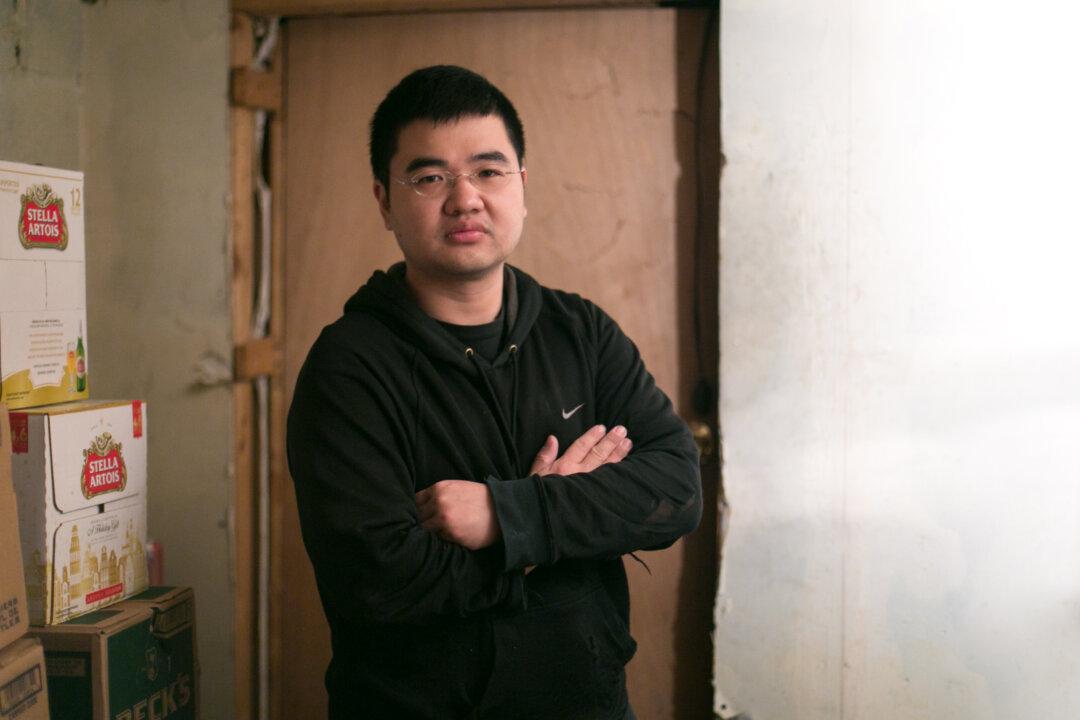NEW YORK—Jong-Min You sat down in front of his home television, ready to tune into President Barack Obama’s executive action address on immigration.
He didn’t know what to expect, but he didn’t want to get his hopes up. He narrowly missed out on past opportunities for obtaining temporary status. As he listened to Obama’s speech, Mr. You thought of all the other illegal immigrants he met during his activist work, who like him, had been waiting years and years to become accepted by the country they called home. Would this time be it?
Mr. You arrived in the United States with his parents 33 years ago, when he was a year old. He only knows of life in America: spending his formative years in Bensonhurst, Brooklyn, helping out in the small bodega his parents rented, while studying at the city’s top public high school, Stuyvesant High.
But in his junior year, “my world was turned upside down,” Mr. You said. Hoping to chase his dream career of becoming a pediatrician, he signed up for a hospital residency program. The program asked for his green card information.
“I'd been here for so many years. I thought I had it,” he said. He went back to his parents’ store and asked his mother for it. She said he didn’t have one. His parents had come from South Korea on student visas, but they expired when Mr. You was 5 years old.






